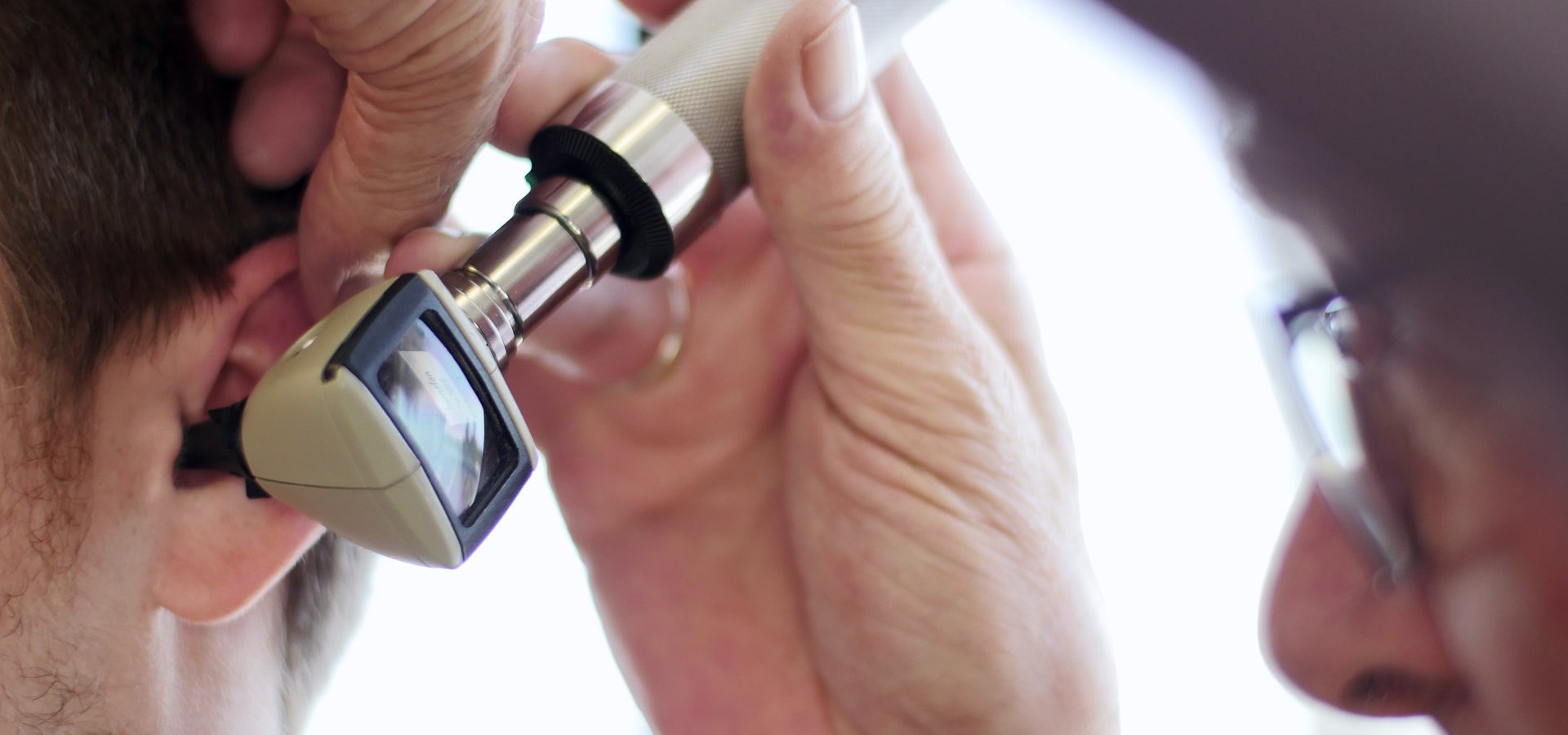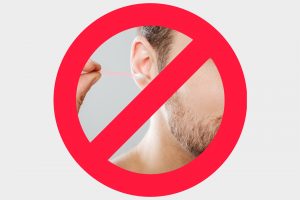Menu

Here’s how the sense of hearing works: the tympanic membrane or most commonly known as the eardrum is a thin tissue that divides our middle ear and outer ear canal. Upon the entry of sound waves into our ears, this membrane vibrates, therefore, allowing us to hear sounds.
If the eardrum suffers a small hole or tear, this condition then is called an eardrum rupture, and this may not sound so good as it may lead to permanent hearing loss.
Certain factors affect our eardrum’s condition and to prevent any further damage; with that in mind, it’s necessary to list down what could cause these tears:
Factors that Contribute to Eardrum Ruptures
1. Infection
Easily the common cause that occurs mostly for kids. When an ear infection happens, fluids may accumulate behind the eardrum, and the pressure caused by this buildup may eventually rupture or break the surrounding tympanic membrane.
2. Pressure (Barotrauma)
We must consider the atmospheric pressure around us when going for some wild ride or fun activities. For the adventurous, pressure changes are just part of the experience, and these may happen during scuba diving, flying in an airplane, driving at high altitudes, and even with shock waves.
3. Injury or Blunt Force
Any blunt force around your ears or head may incur a rupture. Accidents such as car crash, falling on your ear, forceful hit, struck with a hard object, being hit and getting an injury due to sports, are most likely scenarios that could happen on a whim.

But even then, simple acts such as inserting objects such as cotton swabs, fingers, or even pen through your ear may also lead to severe complications.
4. Acoustic Trauma
Perhaps the most uncommon factor in this list. It’s ear damage due to extreme loudness.

Now that we’ve determined how we can prevent hearing loss, it’s still necessary to learn the symptoms of an eardrum rupture to assure one’s auditory state is in mint condition.
Pain is the most prominent symptom, and this can regularly go or waver from mild to severe. Usually, once this pain goes away, the ear starts to drain, and fluids that can be watery, bloody, or sometimes pus-filled may drip down from the ears. This commonly happens for kids, people suffering from colds or flu, and in areas with poor air condition. It gets more severe for others that suffer from symptoms such as temporary hearing loss, lesser hearing capacity, and experiencing tinnitus, a constant buzzing or ringing inside the ears.
Since eardrum rupture should never be neglected, here’s how you proceed on your situation—ask a doctor especially, an ENT. They might require you to run a series of tests to check your ruptured eardrum.
Most common tests include the otoscope exam, which uses a light to look through the ear canal, an audiology exam, which uses a specific device to peek into your ears, and lastly, the tympanometry, which tests your eardrum’s response to pressure changes.
For treatment, you may opt for the following options as per advised by your doctor:
- Patching – Here, a medicated paper is put over the tear in your eardrum to help grow it back together.
- Antibiotics – Only upon doctor’s prescription. It’s to keep you protected and safe from developing new infections while you’re healing. It comes as either oral or medicated ear drops.
- Surgery – Although it’s rarely applied, tympanoplasty is a surgical procedure where tissue is taken from another area of your body to patch a hole in your eardrum.
- Easy, simple home remedies – the most essential thing to do to ease your pain is to apply heat with a warm compress and to take pain relievers.
Conclusion: Visit Your ENT and Be Sure to Rest Up Properly
While you’re healing, it’s also best practice to follow some tips and tricks to help prevent disturbing your ear rupture. For one, you can stop further damage by preventing unnecessary blowing through your nose.
When you blow your nose, it creates pressure in your ears, so might as well keep it at a minimum. Keep ears dry to prevent a worsening condition, so put on cotton on your ears to avoid the entry of water. Stabilize your ear pressure by using earplugs, chewing gum, or forcing a yawn.
By taking the necessary precautions, you can speed up your healing and bring back your hearing in no time. If you’re looking for a hearing clinic in Abbotsford, get in touch with us for a free consultation.
Share Post
Facebook
Twitter
LinkedIn
Email
Reddit
Pinterest
